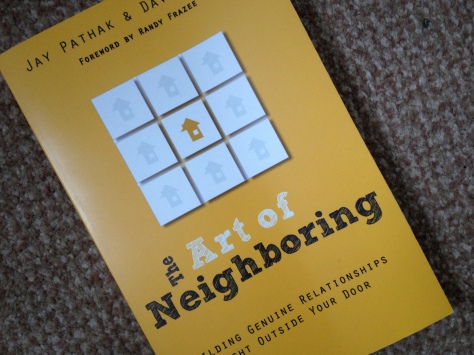 When asked by one of the teachers of the day which of God’s commandments was the greatest, Jesus gave this answer which silenced them.
When asked by one of the teachers of the day which of God’s commandments was the greatest, Jesus gave this answer which silenced them.
Jesus replied: “‘Love the Lord your God with all your heart and with all your soul and with all your mind.’This is the first and greatest commandment. And the second is like it: ‘Love your neighbor as yourself.’ All the Law and the Prophets hang on these two commandments.” (Matt 22:37-40)
Few today would argue that there are any better commandments than this. It emphasises a love for God with every fibre of our being, heart, mind and will, and a love for all those around us, even those we may disagree with, as Jesus’ parable of the Good Samaritan illustrates. Implicit in the two commandments is a love for oneself.
The question, “but who is my neighbour?” is a good one. If we are supposed to love our neighbours, who are they? In one sense everyone is our neighbour – people of different nationalities, creeds, ethnicities, religions, sexual orientations, and ages. This is true, but sometimes an answer like this is not practically useful to those wanting to live out a life of “loving their neighbours”. If we are to love everyone, where specifically do we start?
This is where Jay Pathak and Dave Runyon’s book, The Art of Neighbouring, can come in useful. Looking at American suburban society in particular (the book is not limited to this setting but is primarily written from this point of view), they saw that, in fact, people often don’t know those who live immediately around them. I think this is true in the UK too, especially in new-build developments which don’t have a lot of history or long-term residents. Their answer to “where do you start?” is to look at other residents of your area.
They begin by asking you to think of the people who live immediately around you. Can you picture them? Beyond that, what kind of relationship do you have with them? Do you know their names? What sort of person are they? What do they like doing or talking about? Do you know what their desires or concerns are? With this in mind, Runyon and Pathak saw the great potential for impacting community cohesion, security, and general welfare of society for the better, simply if Christians took this command seriously with their literal neighbours. The idea is not to set out with a mission to convert them, but simply to share something of God’s kingdom-goodness with the world by creating loving and peaceful communities. Think about it, how much of your town would be impacted if every member of your church made a commitment to get to know, befriend, and be involved in the lives of those who live around them? I also have no doubt that a side-effect of this will be to open up opportunities for people to find out about and discover faith. When people are confronted with God’s goodness, some will respond.
It is an easy read, with that one central point running through it, and full of suggestions of how to out the greatest commandments into practice, but as always, it will need some adjustment to the individual context. It is a simple premise which, if a number of churches in one city commit to, could have a big impact.




